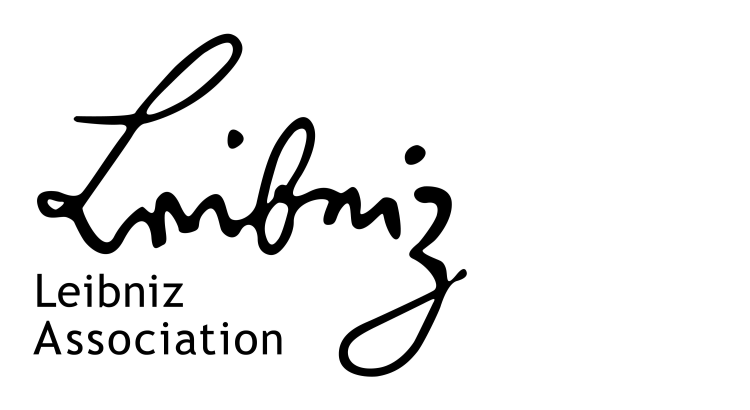- Home
- Research & Transfer
- Research Projects
- Regional Powers Network
Regional Powers Network
How is the rise of actors such as Brazil, China, India or South Africa influencing regional and global power shifts? This question is at the heart if the regional Powers Network, coordinated by the GIGA. The network consists of leading European and Non-European research institutions. The participating researchers have analysed emergent regional powers across policy fields and regions – particularly in Asia, but also in Latin America, Africa, and the Middle East.
Leibniz Association, Fritz Thyssen Foundation, GIGA, 2008-2018
Team
Head


Research Questions
The Regional Powers Network is guided by one overarching research question: How is the rise of actors such as Brazil, China, India or South Africa influencing regional and global power shifts? In its ongoing research, the RPN network is seeking to focus its research agenda. Questions regarding the "differentiation of power", from an actor-centred as well as from a structural perspective, will now come to the fore. To date, the RPN’s research has been oriented towards states. The effects of globalisation and crises, however, require the analysis of new or strengthened actor constellations at the national, international as well as transnational levels.
Contribution to International Research
The project has successfully established a network of leading European and extra-European research institutions, all of which demonstrate a specific competence in the fields of international relations and area studies with regard to non-European regions (Africa, Asia, Latin America, Middle East). Furthermore, the project is contributing to the development and empirical application of theories in the field of international relations, from the viewpoint of comparative area studies, through numerous publications and conference papers.
Research Design and Methods
The topic "regional powers" can only be meaningfully analysed using divergent explanatory approaches mainly from International Relations, but also other related disciplines, such as Comparative Politics, Economics and Politica Geography. The RPN research network is defined by the research topic, a shared research question, and its linkages to specific research traditions (international relations, area studies), but not by a joint theoretical approach to international relations. We assume that within such a large research network, a pluralism of theory and methodology offers the best possibilities for generating knowledge.
Preliminary Findings
The RPN organisers held seven international RPN conferences between 2008 and 2018. As a result of these conferences, the network members’ awareness of demographic, economic, and political shifts in influence between established and emergent powers has increased significantly. The participating researchers have analysed emergent regional powers across policy fields and regions – particularly in Asia, but also in Latin America, Africa, and the Middle East. This interaction and collaboration shall continue through further conferences and joint projects.













